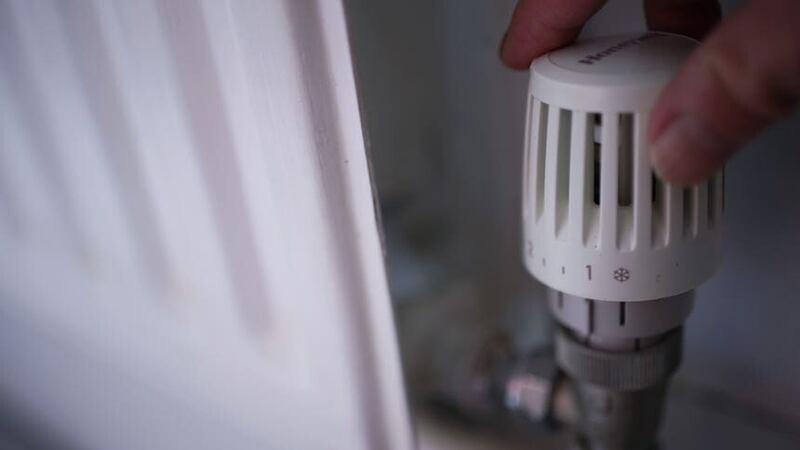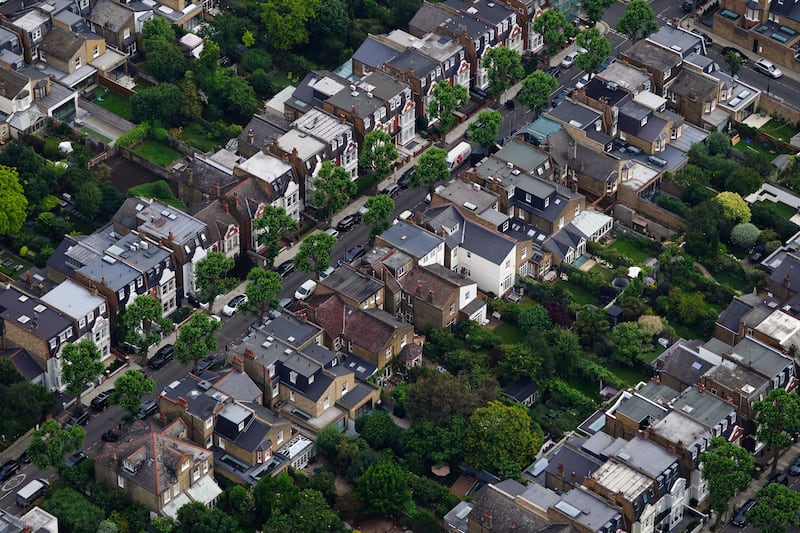Energy prices in Northern Ireland are set to rise despite a drop in unit prices with the end of the Government’s price guarantee in July.
Power NI has announced that a review of its underlying residential unit price has resulted in a 2.4p per unit (7.1%) decrease, due to a fall in wholesale market costs.
However, this drop coincides with the ending of the Government’s Energy Price Guarantee (EPG) support from July 1.
For Power NI residential customers, the impact of both these changes is an average tariff increase of 1.5p per unit or 5.1% and will take effect from 1 July 2023.
John French, chief executive of the Utility Regulator, said the SSE Airtricity Gas Supply’s tariff will reduce by 12.2%.
“The reduction to the underlying regulated tariff is a direct result of the recent falls in forward wholesale energy prices, after the huge increases that were seen following Russia’s invasion of Ukraine in February 2022,” he said.
“Unfortunately though, these tariff decreases coincide with the removal of the financial support provided through the UK Government’s Energy Price Guarantee scheme.
“The EPG scheme was brought in by the UK Government in November 2022 to help Northern Ireland households with high energy. As the cost of wholesale energy has been steadily reducing, the UK Government have decided to reduce the value of the support scheme to zero from July 1 2023.
“Although the underlying wholesale price of energy has significantly reduced over the last few months, it still remains twice the price of historic norms.”
Mr French added: “We will continue to actively monitor the regulated gas and electricity tariffs to ensure any further falls in costs are passed through to customers at the earliest opportunity.”
The Consumer Council said the typical standard Power NI credit bill will increase by about £49 and Power NI customers with a prepayment meter will see their costs increase by about £48 a year, and the typical standard SSE Airtricity credit bill will increase by about £134 and customers with a prepayment meter will see their costs increase by around £136 a year.
Peter McClenaghan from the Consumer Council said customers should ensure their current tariff is competitive.
“This strange situation is also likely to lead the other local energy suppliers to change their tariffs in the coming days and weeks,” he said.
“This means it is important that consumers consider whether their current tariff remains competitive.
“We know from our research that most consumers in Northern Ireland are still really worried about home energy prices. We urge anyone who is struggling to pay their energy bills or top up their meters to contact their supplier directly for help and support.
“The Government has confirmed the Energy Price Guarantee will remain in place as a safety net until March 2024 should energy prices increase significantly again during this period.
“However, as prices remain well above the pre-pandemic norm, the Consumer Council will continue to liaise with decision-makers to seek support for those who will continue to be impacted by high energy prices this winter.”








